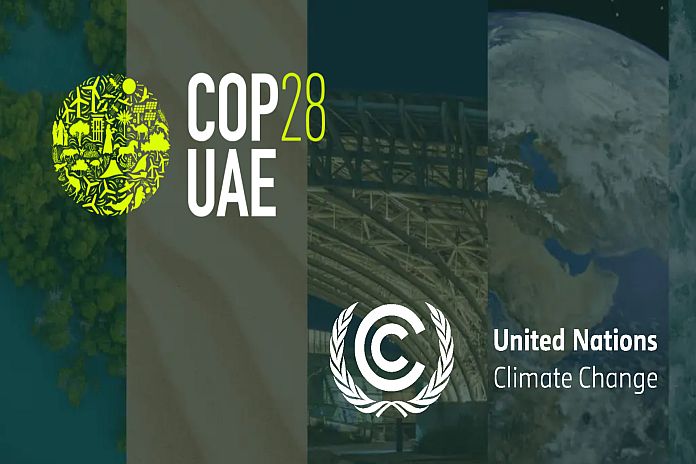By Marta Perez Cruzado
ABU DHABI, (WAM) – Costa Rica is looking to show the world “the public policy advances” in climate action that the country has achieved in recent years. It will do so during the upcoming United Nations Climate Change Conference (COP28), the Central American country’s Ambassador to the UAE, Francisco Chacón, said to the Emirates News Agency (WAM).
Among these achievements, Costa Rica has been recognised for producing “100 percent of its electricity from renewable sources”, as well as initiatives such as sustainable agro landscapes, to demonstrate that “it is possible to have a robust agricultural sector without emissions and free of deforestation”, the diplomat added.
Hundred percent renewable electricity matrix and deforestation
The Central American country, which has positioned itself internationally as a pioneer in launching environmental policies in Latin America, began the year 2023 by producing 100 percent of its electricity from renewables.
The technologies that contributed the most clean energy to Costa Rica’s electricity grid were hydroelectric, wind and geothermal.
Costa Rica has also been one of the few countries to have reversed deforestation in recent years, a breakthrough that made it the first country in Latin America and the Caribbean to receive US$60 million from the Forest Carbon Partnership Facility of the World Bank in 2020. The sum is allocated for supporting efforts to reduce up to 12 million tonnes of CO2 emissions by the end of 2025.
The support recognises Costa Rica’s efforts to maintain its forests and its contribution to reducing greenhouse gas emissions.
Much of this financial support is being directed to key populations such as indigenous forest communities and women’s and youth groups working to conserve nature.
National decarbonisation plan
In 2019, the Central American nation launched its National Decarbonisation Plan with a commitment to achieve net zero by 2050 based on a modern and sustainable economy.
The strategy is divided into ten categories encompassing the sectors of transport, electricity generation, agricultural systems, construction and waste management, and nature-based territories.
Each is marked with different targets and classified by the project stages of start-up (2018-2022), inflexion (2023-2030) and mass deployment (2031-2050).
If all targets are met, Costa Rica will emit no more carbon into the atmosphere than it can offset through nature by 2050.
To achieve its goals, the country continues to work on prioritising the development of onshore solar PV and wind energy, improving its storage capacity and electrifying the transport sector to achieve full decarbonisation.
All of this without neglecting needs ranging from engaging stakeholders from all sectors in the energy field to developing a policy framework for training people and integrating renewable energy into rural development.
Costa Rica, one of the countries linking North and South America, is considered one of the most diverse places in the world with the greatest variety of species on the planet. Specifically, the country is home to 5 percent of the world’s biodiversity. Hundreds of these species are endemic, meaning they are found nowhere else on the planet, and include frogs, snakes, lizards, finches, hummingbirds, waffles, mice, cichlids and gobies.







